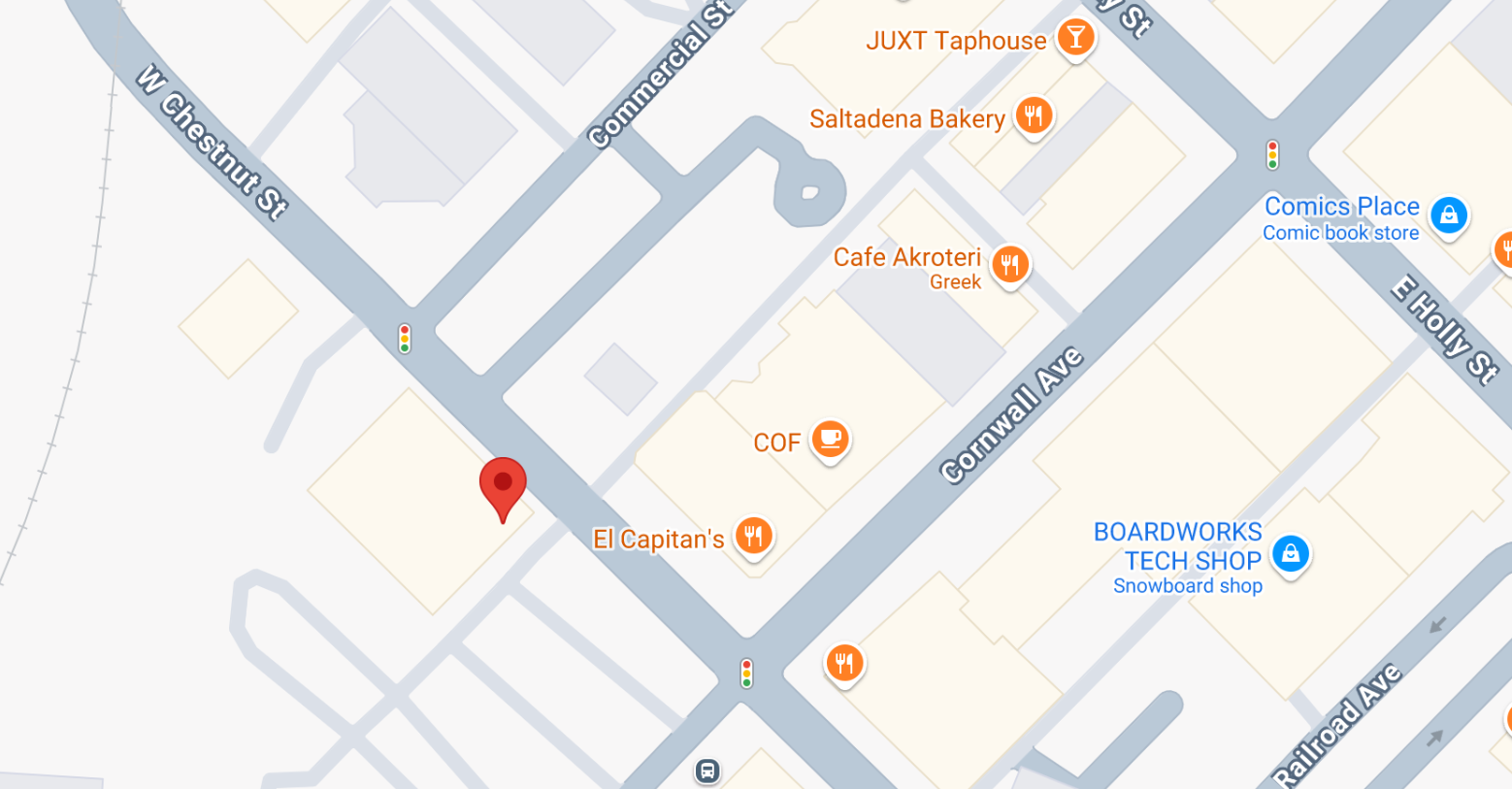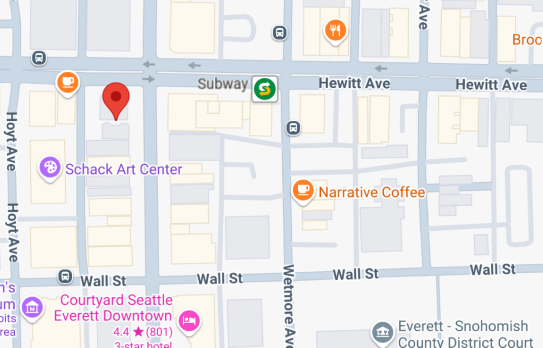Judgments & Garnishments can lead to Bankruptcy
When creditors have not been paid for a long while, they will sometimes resort to filing a lawsuit in state court to collect on the debt owed to them. This usually only happens when the amount of debt is relatively sizeable, usually at least $2,000, and if it does then you are in jeapardy of facing a garnishment action. The laws that cover these debt collection lawsuits vary from state to state, so you’ll need to research local law or speak with a Everett bankruptcy attorney. One thing that is key for consumers to know about is that you must do what is necessary to answer the lawsuit. Do not just allow the suit to move forward without your involvement. You should seek an attorney’s advice on how to approach these suits, so talk to a bankruptcy attorney that is well-versed in your state’s laws as well as any applicable federal consumer law that might be of use with your situation.
Creditors generally count on the debtor to not answer the lawsuit or not show up to the court hearing. If you do so, you will foil their plans as very few people will answer the bell. If you choose to use an attorney or do it yourself pro bono, you just might win. However, I do not want to build up unrealistic expectations of success. Many times, the best that you can hope for is to delay the inevitable or possibly dispute the amount of lawyer’s fees or other additions to the principal amount of the debt. If you are trying to stay out of bankruptcy, then it is in your best interest to weigh in on these types of lawsuits. It will give you a little more leverage when negotiating with a creditor. Those that don’t show up or seek the representation of an attorney will find themselves saddled with a default judgment, which the creditor can use to come after your assets.
Garnishments
If you are working and earning a wage, then you likely know what a garnishment is. This is the primary way that a creditor can collect on the judgment that she received through the court. Garnishments are overseen and given authority through the county court when you live or work. When a creditor has a judgment, they can start the garnishment process (but not before). A garnishment can be applied against your wages through your employer; they can also be put into effect against your financial assets though your bank.
There are strict rules that govern how creditors perform these asset seizures, and there are generally state exemptions that allow for much of your financial assets and wages to be protected. For instance, Social Security payments are exempt from seizure. If all you have in your bank account comes from Social Security, then your bank account is protected from the garnishment.
In many states, if your total take home pay of a wage earner is below a certain amount of money, then the entire amount is exempted from garnishment. In Washington, these limits are set out in RCW 6.27.150. If your pay is above these levels, then the amount that can be seized in the garnishment cannot exceed 25% of your paycheck. There are many exceptions to these rules, so you should speak to an Everett bankruptcy attorney or a consumer debt attorney about this.
Often, judgments and the threat of garnishment are what causes a person to come and see me about a bankruptcy. You are almost always better off to see a bankruptcy attorney well before the situation becomes this dire. When garnishments are hanging over you, then you may feel that you are “backed into a corner.” It is generally better to have more time to determine if a bankruptcy is the best path forward, and if it is, to take the time necessary to make your petition as well documented and thought out as possible. Time can be your friend.
Call Westward LAW to speak with an Everett Bankruptcy Attorney today – (360) 899-5468



